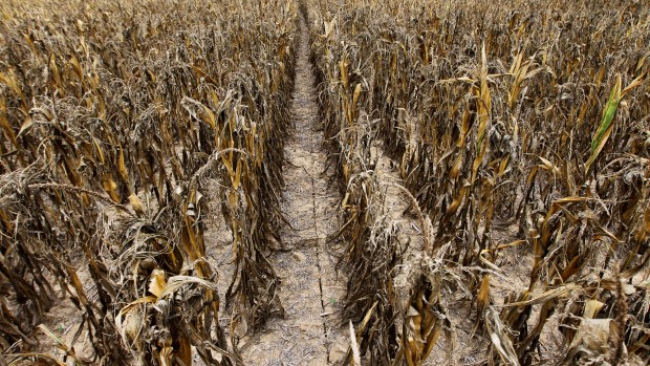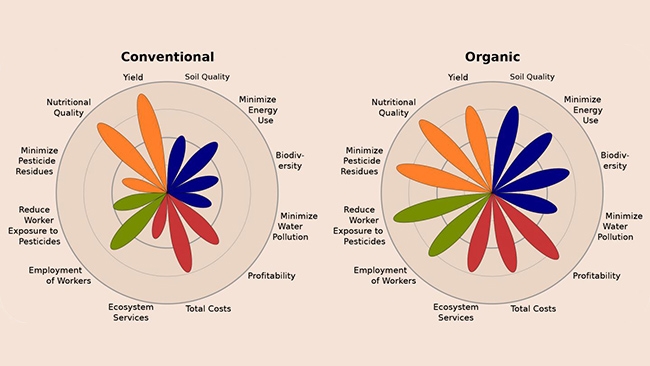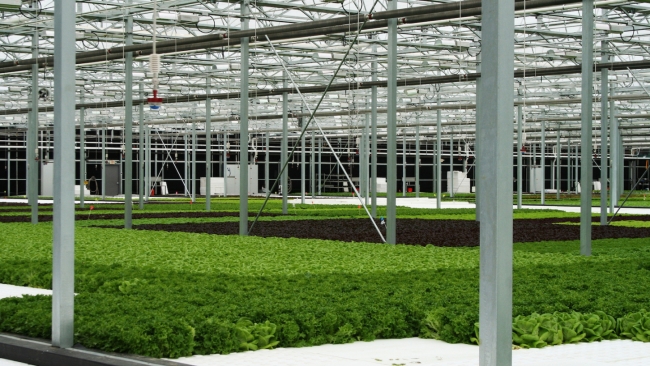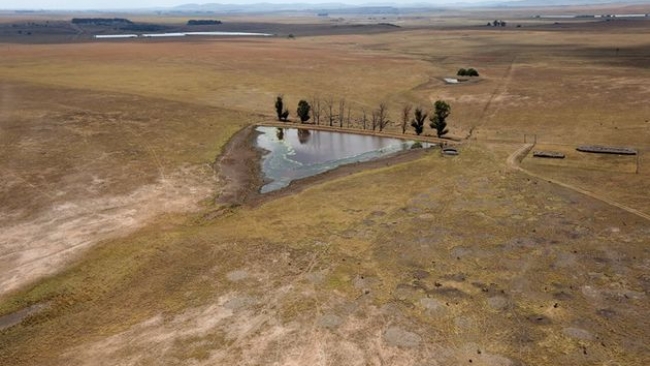Cutting greenhouse gas emissions from vegetable crops is possible, researchers believe
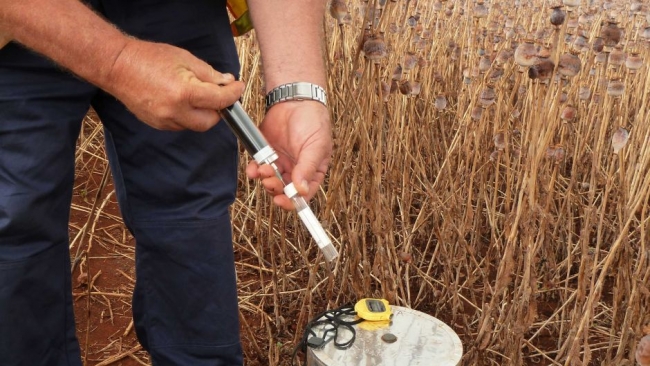
Tasmanian researchers believe they have found a way to reduce some greenhouse gas emissions from vegetable crops.
The Tasmanian Institute of Agriculture (TIA) has been using small gas chambers to measure nitrous oxide emissions from potato and poppy crops across the state.Nitrous oxide, a potent greenhouse gas which is a bi-product of vegetable production, is about 300 times more powerful than carbon dioxide.
Horticultural scientist Mark Boersma is confident the use of "nitrification inhibitors" could reduce nitrous oxide emissions. "When farmers apply nitrogen to the soil, along the way it's converted by bacteria to a form called nitrate," he said. "If nitrate is available after heavy rainfall, that nitrate can then actually be converted into nitrous oxide. "We used nitrification inhibitors which stopped nitrate being formed ... to slow down the release of nitrates in the soil and thus slow down nitrous oxide emissions. "The nitrification inhibitors do have potential to reduce nitrous oxide emissions."
Mr Boersma said the findings could have a range of environmental benefits. "Some of the inhibitors are actually already available in the commercial market and they're just incorporated into the fertiliser which is applied as pellets," he said. "When you're talking thousands of hectares of production it would make a significant difference to our efforts to reduce the effects of global warming."
Source: News ABC
Mon 8 Feb 2016 at 08:39
